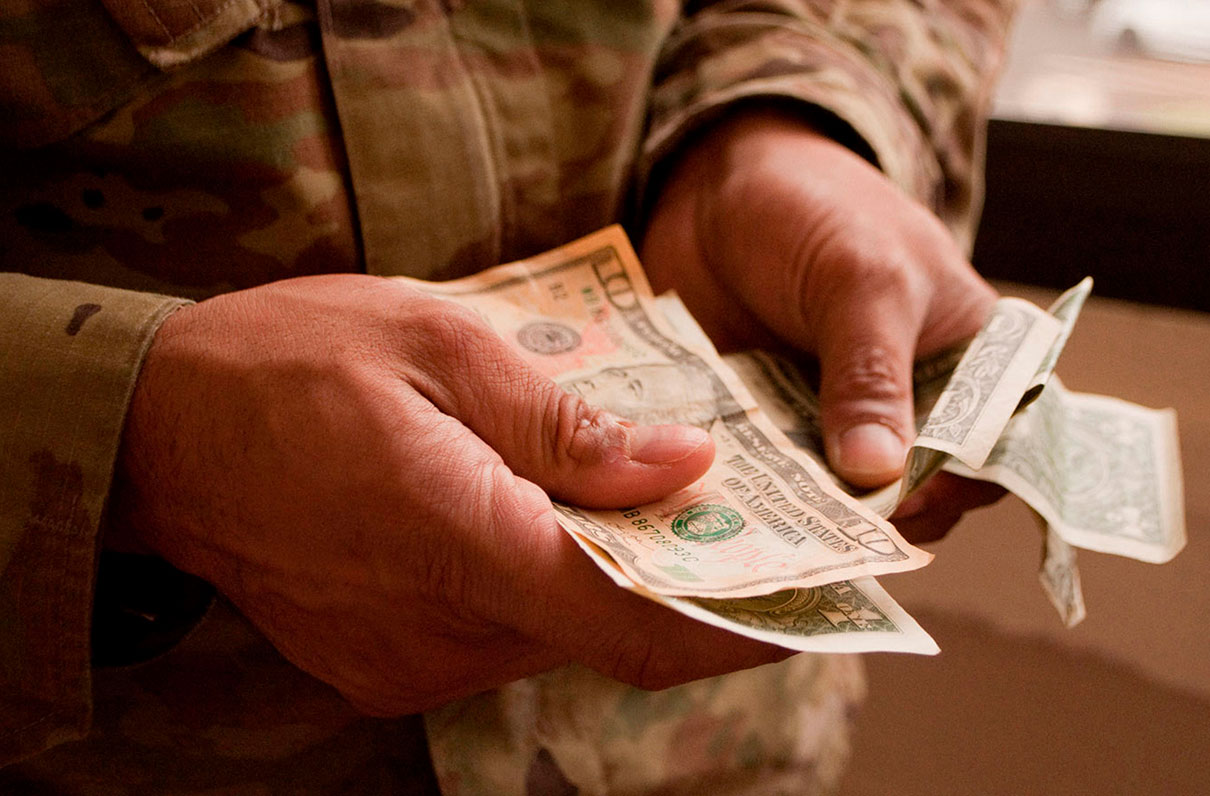This article by Richard Sisk first appeared on Military.com, the premier resource for the military and veteran community.
Defense Secretary Jim Mattis and a House subcommittee Wednesday backed the White House proposal for a 2.6 percent military pay raise next year, which would be the largest increase since 2010.
In prepared remarks for a closed hearing of the House Appropriations Subcommittee on Defense, Mattis said the 2.6 percent increase for those currently serving and retirees would contribute to his goals of modernizing the force and increasing its lethality.
Separately, the House Armed Services subcommittee on military personnel also backed the 2.6 percent pay raise, saying it would help "recruit and retain America's best and brightest."
In its markup of the fiscal 2019 National Defense Authorization Act, the subcommittee said in a statement that its proposals would also extend existing special pay and bonuses for service members.
In addition, the subcommittee proposed making permanent the services' career intermission programs, which allows servicemembers to take a break from active service to pursue personal interests, family needs, professional education, or career opportunities.
In February, Trump cited the 2.4 percent military pay raise in the fiscal 2018 budget as one of his reasons for reluctantly signing a $1.3 trillion omnibus spending bill to fund all government agencies and avoid the potential for another government shutdown.
Also in February, the White House went along with the Defense Department's initial request for a 2.6 percent pay increase in fiscal 2019 as part of a budget that included modest increases in the end strengths of the services, and major rebuilding programs aimed at retaining the U.S. edge over China and Russia.
Pentagon Comptroller David Norquist said at the time that the 2.6 percent pay increase proposal for fiscal 2019 would boost the pay of a staff sergeant by $1,169.
At a Pentagon briefing, Norquist said that the fiscal 2019 budget of nearly $700 billion was shaped by Mattis' National Defense Strategy. which concluded that "Great power competition, not terrorism, has emerged as the central challenge to U.S. security and prosperity."
Service members began receiving the 2.4 percent pay increase in January under an executive order from Trump as Congress delayed, debated and resorted to continuing resolutions on passing the defense budget.
In 2017, the military pay raise was 2.1 percent. The 2.6 percent proposed raise for fiscal 2019 would mark the third time since 2010 that the annual military pay raise has topped two percent.
More articles from Military.com:
Proposed Military Pay Charts for 2019
Trump's 2019 Budget Includes 2.6% Raise, Modest Force Size Boost
Trump Cites Military Pay Raise in Support for Bill to Avoid Shutdown
